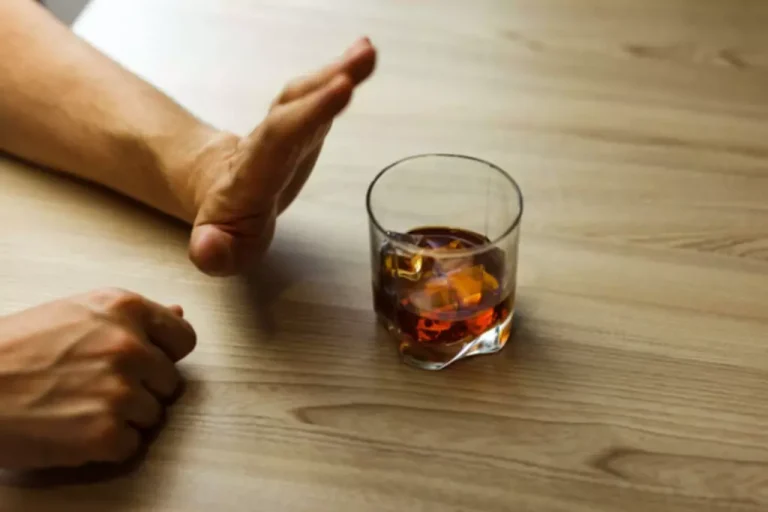
Building a strong support network of friends, family, or peers who understand the challenges of sobriety can provide invaluable encouragement and accountability on the journey toward mental and emotional well-being. Alcohol changes levels of serotonin and other neurotransmitters in the brain, which can worsen anxiety. Drinking excessive amounts of alcohol can also have noticeable physical and mental consequences. Over time, consuming too much alcohol can lead to blackouts, loss of memory, and even brain damage (especially if it causes other health problems, such as liver damage). If your panic attacks are alcohol-related, you should also re-examine your drinking patterns and consider cutting down on your drinking. If you can’t cut down on drinking despite recurring panic attacks or anxiety hangovers, then it would be a good idea to look into getting help.
Panic attacks and panic disorder
If a person experiences alcohol withdrawal symptoms, it can create a cycle of heightened anxiety and increased alcohol misuse. People with generalized anxiety or panic disorder are more likely to develop unhealthy drinking behaviors around the same time that they start having symptoms of their anxiety-related mental health condition. The onset of symptoms related to social anxiety disorder and agoraphobia can be a trigger for some people to develop unhealthy relationships with alcohol. Selective Serotonin Reuptake Inhibitors (SSRIs) can help manage anxiety symptoms. These medications regulate serotonin levels in the brain, potentially reducing anxiety and alcohol cravings. Many people turn to alcohol as a form of self-medication for anxiety symptoms, seeking temporary relief from worry and stress.
Are Alcohol-Induced Panic Attacks a Sign of Addiction?
- That’s why when you stop drinking, it’s not uncommon to experience a range of terrible symptoms, including anxiety.
- Waking up after a night of heavy drinking can sometimes come with a fuzzy memory or uncertainty about what exactly happened when you were under the influence.
- People can speak with a healthcare professional for help managing anxiety or mood disorder symptoms.
- Over time, this can cause a person to drink more, thus creating dependence and possible alcohol addiction.
- You consent to receive SMS notifications and promotions from Addictionresource.
- Data from a study of 53 patients who participated in alcohol treatment at a residential substance abuse program were consistent with this prediction (Kushner et al. 2005).
While small amounts of alcohol may activate GABA and cause you to relax, heavier drinking can sap GABA. While everyone may experience anxiousness from time to time, a person who has an anxiety disorder often alcohol panic attacks finds their anxiety doesn’t go away and may actually get worse with, or without provocation. Dr. Lin received his medical degree from St. George’s University School of Medicine. He went on to complete his residency in psychiatry at Harvard South Shore, an affiliate of Harvard Medical School, where he served as Chief Resident and earned his 360° Professionalism award.
The Immediate Impact of Alcohol on Anxiety
At Talkiatry, we specialize in psychiatry, meaning the diagnosis and treatment of mental health conditions. Your psychiatrist will meet with you virtually on a schedule you set together, devise a treatment plan tailored to your specific needs and preferences, and work with you to adjust your plan as you meet your goals. Addiction Resource is an educational platform for sharing and disseminating information about addiction and substance abuse recovery centers.
Continue reading to learn about alcohol and anxiety, their interplay for health implications, and recovery treatment. As the initial calm feeling fades you can feel anxiety as the effects of the alcohol wear off. However, if there is a chance that you are physically or psychologically addicted to alcohol then you should not attempt to stop drinking without professional support. People who have survived traumatic events may be sensitive to certain situations that feel reminiscent of past experiences, triggering a fight-or-flight response.

You deserve excellent care and a rewarding life in recovery.

Additionally, the psychological effects of regret or embarrassment from alcohol-induced behavior can exacerbate anxiety symptoms. This is because alcohol acts as a depressant on the central nervous system, altering brain chemistry and potentially triggering or intensifying feelings of anxiety. Additionally, the physiological effects of alcohol withdrawal can also contribute to increased anxiety levels. Alcohol consumption and its potential impact on mental health, particularly anxiety, have garnered significant attention in recent years. Many individuals turn to alcohol as a means of relaxation or socialization, yet there’s growing concern about its relationship with anxiety. Mental health experts suggest that while alcohol may initially provide a sense of relief or relaxation, it can exacerbate anxiety symptoms over time.

